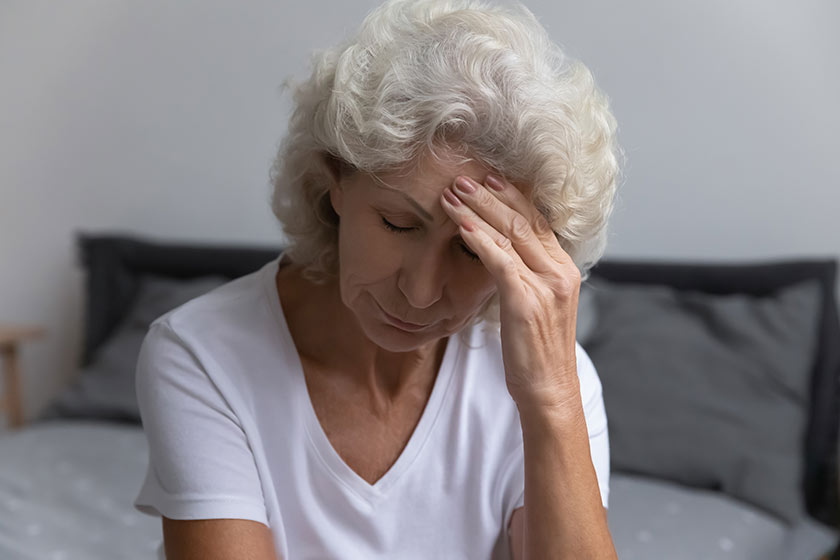Grief is an all-encompassing feeling that takes over in the wake of any loss, and when it comes to your elderly loved one, their loss can be pretty devastating for you. How you manage grief in your elderly loved one depends on the type of loss they’ve experienced and how you deal with your emotions in general. This article discusses tips you can use to help your elderly loved one through this challenging time so that they don’t have to experience it alone.
Get Professional Assistance
Grief and mourning often leave loved ones feeling isolated and alone. Many feel comfortable avoiding difficult emotions, but it’s much better for elderly loved ones if you are honest about their pain. Try talking about your feelings, which can serve as an example and provide reassurance that their sorrow is normal and expected. Your elderly loved one may be suffering from an untreated mental illness, so if you think there’s any chance that is true, ask them directly or talk to someone else about referring them for professional assistance.
Let Them Express Their Grief
Even though your elderly loved one may not want you around when they express their grief, you must be there for them in these times. Do not try to take their grief away from them. Allow them to express it and share in it with them. Just being a comforting presence can make all of the difference in their healing process and yours. You will also need these times as an outlet for your grief, so be aware of that and take care of yourself while caring for them too.
Spend Time with Them
Reaching out to friends and family is hard when you feel lost yourself. It’s even harder for an elderly loved one who has just suffered a loss. If you have an elderly loved one in your life, it can be very beneficial to check in on them every day, if possible. By spending time with them each day and offering comfort and support, you’ll be able to help each other through some tough times. Spending time with your loved ones will help them get through grief more efficiently and improve their outlook on life.
Create Opportunities to Interact with Others
Many older adults want to be with other people and socialize, especially after an unexpected death. A sudden loss is devastating for everyone, but it can be even more upsetting to an older person because of limited mobility and social opportunities. But your loved one will be sad if you don’t encourage her to visit with family and friends. Instead, have her reach out by asking for visits or try suggesting that she go to religious services or community centers in town where she can make new friends. The goal is to get her active again rather than letting grief consume her life completely.
Help Them Become Independent
When caring for an elderly loved one, one important goal is to get them back on their feet as quickly as possible. This could be a challenge if they were living alone prior to losing their spouse or another loved one. You want them to be able to live independently, but doing so may make it harder for them to adjust. Studies show that helping your elderly loved one become more independent following loss can actually help speed up his or her recovery. Even if they don’t appear capable of doing so at first, take steps to prepare them for going back into the world. This might mean offering chores or other tasks they can do without supervision and gently reminding them when it’s time for work or other responsibilities outside the home.
Be Open with Your Loved Ones
Be patient and supportive as they express their feelings during their grief. Give them space when needed, but check in frequently to ensure they get enough rest and eat right. Make sure you’re available for help with daily tasks such as laundry, cooking, or cleaning. You don’t want your loved one feeling overwhelmed or overburdened during their time of grief. If you have concerns about how your loved one is dealing with their loss, seek help from an experienced caregiver who can address depression or low energy levels that may arise due to grief.







